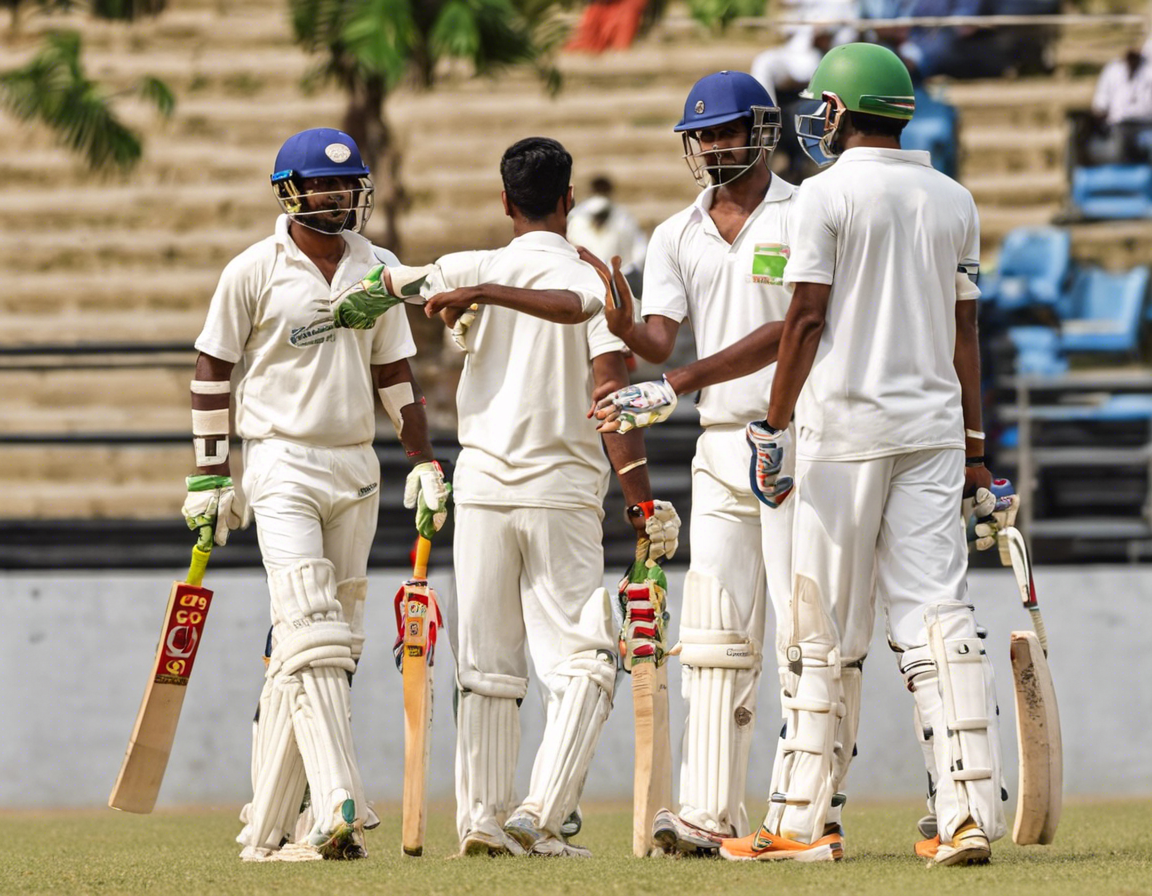Unveiling the Golfbambi Leak: What You Need to Know
Introduction
In recent weeks, the Golfbambi leak has created a buzz across the internet, leaving many individuals and organizations concerned about their online security and privacy. This leak has raised questions about the safety of personal data and the need for increased cybersecurity measures. In this comprehensive article, we will delve into the Golfbambi leak, what it entails, the potential implications, and how individuals can protect themselves in an increasingly digital world.
What is the Golfbambi Leak?
The Golfbambi leak refers to a significant data breach that occurred on a popular social media platform, exposing the personal information of millions of users. The leaked data includes usernames, email addresses, phone numbers, and in some cases, even credit card information. This breach has raised serious concerns about data privacy and the ability of social media platforms to protect user information.
Implications of the Golfbambi Leak
The implications of the Golfbambi leak are far-reaching and can have serious repercussions for those affected. Some of the potential consequences include:
-
Identity Theft: With sensitive information such as email addresses and credit card details exposed, individuals are at risk of identity theft and financial fraud.
-
Phishing Attacks: Cybercriminals could use the leaked data to launch targeted phishing attacks, tricking users into revealing more personal information or downloading malicious software.
-
Reputation Damage: Having personal information leaked online can damage an individual’s reputation and privacy, leading to potential social engineering attacks or online harassment.
Protecting Yourself After a Data Leak
In the wake of a data breach like the Golfbambi leak, it’s crucial to take proactive steps to protect your online security and privacy. Here are some tips to help you safeguard your data:
-
Change Your Passwords: Immediately change your passwords on the affected platform and any other accounts where you use the same password.
-
Enable Two-Factor Authentication: Turn on two-factor authentication for an extra layer of security when logging into your accounts.
-
Monitor Your Accounts: Regularly check your bank statements and credit reports for any suspicious activity that may indicate fraud.
-
Be Wary of Phishing Attempts: Stay vigilant against phishing emails or messages that may try to trick you into revealing personal information.
Frequently Asked Questions (FAQs)
-
How did the Golfbambi leak happen?
The Golfbambi leak likely occurred due to a security vulnerability in the social media platform’s systems, which allowed hackers to gain unauthorized access to user data. -
Was my information affected by the Golfbambi leak?
If you were a user of the platform where the leak occurred, it’s advisable to assume that your information may have been compromised. Monitor your accounts for any unusual activity. -
What should I do if my data was part of the Golfbambi leak?
Change your passwords immediately, enable two-factor authentication, and monitor your accounts closely for any signs of suspicious activity. -
Can I take legal action against the platform for the data leak?
Depending on the circumstances of the leak and the platform’s adherence to data protection laws, you may have grounds to pursue legal action. Consult with a legal professional for guidance. -
How can I better protect my data in the future?
Ensure that you use unique, strong passwords for each online account, regularly update your security settings, and be cautious about sharing personal information online.
In conclusion, the Golfbambi leak serves as a stark reminder of the importance of online security and the potential risks associated with sharing personal information online. By following best practices for data protection and staying informed about cybersecurity threats, individuals can better safeguard their digital identities in an increasingly connected world.














Post Comment